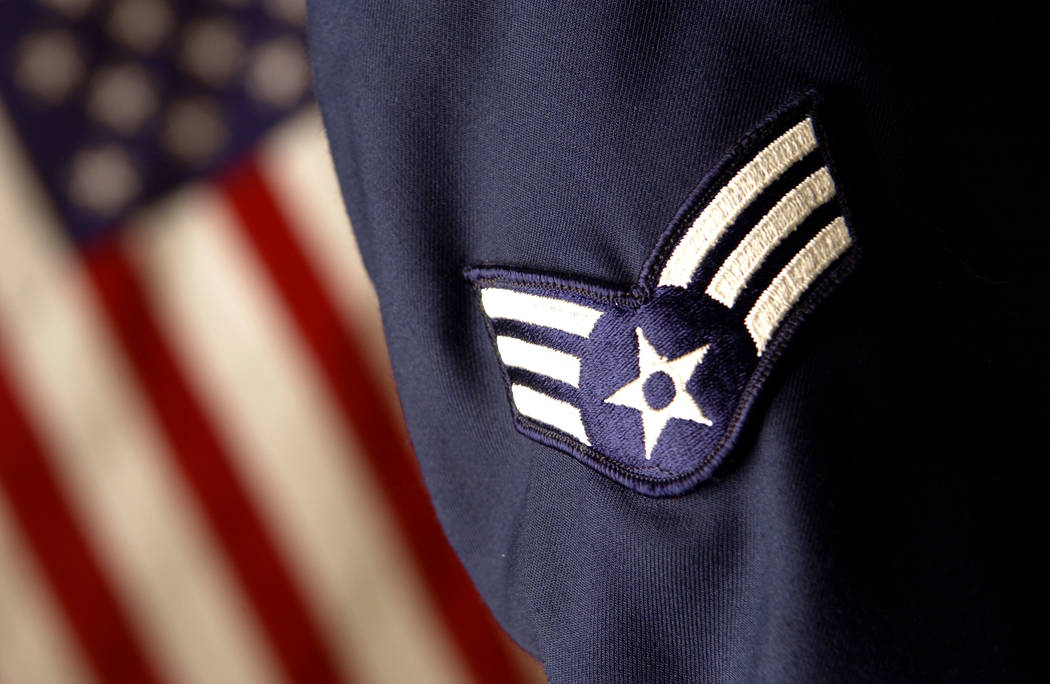Appeals court asked to halt discharge of Airmen with HIV
RICHMOND, Va. — Lawyers for two Air Force members who are HIV-positive urged a federal appeals court Wednesday to uphold an injunction that bars the Trump administration from continuing with discharge proceedings against them.
The Department of Defense is appealing a ruling by a judge who found that the Air Force is working under policies that are “irrational” and “outdated.”
The policies prevented the service members with HIV from deploying outside the U.S. without a waiver and resulted in them being considered “unfit” for continued service. The Department of Justice has argued that the military allows service members who contract HIV to continue to serve if they can perform their duties.
While acknowledging that treatment decreases the risk of transmitting HIV, the DOJ argues that the risk is amplified on the battlefield where soldiers often come into contact with blood. The U.S. Central Command, which governs military operations in the Middle East, North Africa and Central Asia, prohibits personnel with HIV from deploying without a waiver.
A three-judge panel of the 4th U.S. Circuit Court of Appeals questioned a Department of Justice attorney extensively about why the military policy is still necessary despite major advances in the treatment of HIV.
“There are risks in the combat context,” said Lewis Yelin, an attorney in the DOJ’s Civil Division.
But Geoffrey Eaton, an attorney for the airmen, argued that the odds of transmitting HIV in combat are infinitesimal and should not limit their deployment or lead to their discharge. Eaton said advances in science and treatment of HIV have made the military’s policies outdated.
The 2018 lawsuit filed by the airmen argues that there is no rational basis for prohibiting deployment of service members with HIV. They argue that they can easily be given appropriate medical care and present no real risk of transmission to others.
The DOJ argues in legal briefs that the Air Force determined that the two airmen could no longer perform their duties because their career fields required them to deploy frequently and because their condition prevented them from deploying to Central Command’s area of responsibility, where most airmen are expected to go.
U.S. District Judge Leonie Brinkema issued a preliminary injunction in February, a ruling that ensured that the men would remain in the Air Force at least until their claims could be heard at trial. Brinkema is also expected to hear a separate lawsuit filed by a sergeant in the D.C. Army National Guard who says he was denied the opportunity to serve as an officer and faces possible discharge because of his HIV-positive status.
The airmen are not named in the lawsuit and are referred to by pseudonyms, Victor Voe and Richard Roe. The lawsuit was filed by Lambda Legal, the Modern Military Association of America and the law firm Winston & Strawn LLP.
“Serving my country has been the greatest honor of my life, one that I am extremely grateful for and proud off,” Voe said in a statement released by his attorneys.
“All my fellow service members in this lawsuit and I want is to be able to continue to serve, and to do so without unnecessary restrictions preventing us from giving this country what it deserves — our best,” he said.
The appeals court did not indicate when it would rule.

















